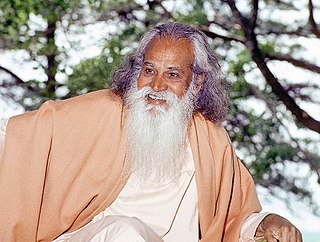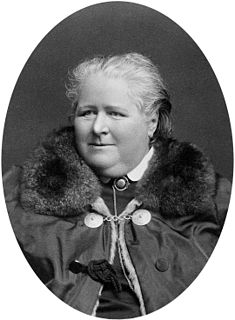A Quote by Cliff Stearns
Mr. Speaker, the fact of the matter is that the Ten Commandments are a historical document that contains moral, ethical, and legal truisms that any person of any religion or even an atheist can recognize and appreciate.
Related Quotes
The five points of yama, together with the five points of niyama, remind us of the Ten Commandments of the Christtian and Jewish faiths, as well as of the ten virtues of Buddhism. In fact, there is no religion without these moral or ethical codes. All spiritual life should be based on these things. They are the foundation stones without which we can never build anything lasting. (127)
In separating out, say, legal and moral requirements, I tend to work with paradigms rather than strict divisions - eg, paradigmatically, legal requirements are jurisdictionally bound whereas ethical requirements are aspirationally universal; ethical requirements focus especially on intentions whereas legal requirements focus primarily on conduct; ethical requirements take priority over legal requirements; and so on.
You know, it's ironic to me that Christians want to keep the Ten Commandments in our schools, because Christianity has abrogated four of the Ten Commandments. For example, the Sabbath day according to the Ten Commandments is Saturday, not Sunday. And the reason is because God rested, not because Jesus was resurrected.
In fact, the answers that religion, as we have come to know it, provides to the question of human worth have played so dominant a role in the preceding centuries that believers often cannot conceive how non-believers can muster sufficient commitment to their own lives to get out of bed each morning, let alone the ethical wherewithal to regard others as deserving of moral regard. Once one "comes out" as an atheist, these are the inquisitions to which one is often subjected.
I'm not saying that atheists can't act morally or have moral knowledge. But when I ascribe virtue to an atheist, it's as a theist who sees the atheist as conforming to objective moral values. The atheist, by contrast, has no such basis for morality. And yet all moral judgments require a basis for morality, some standard of right and wrong.

































